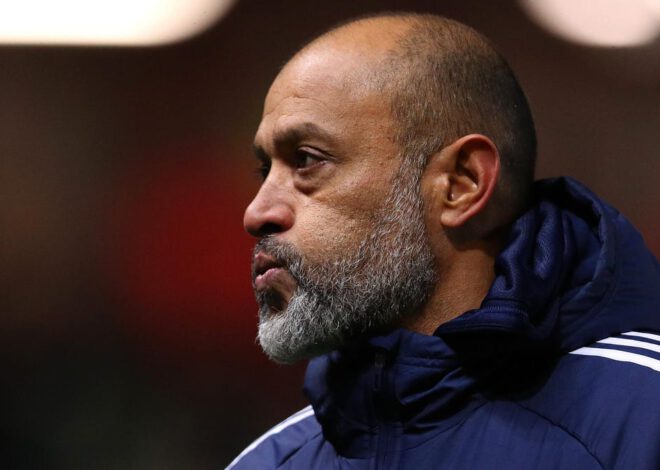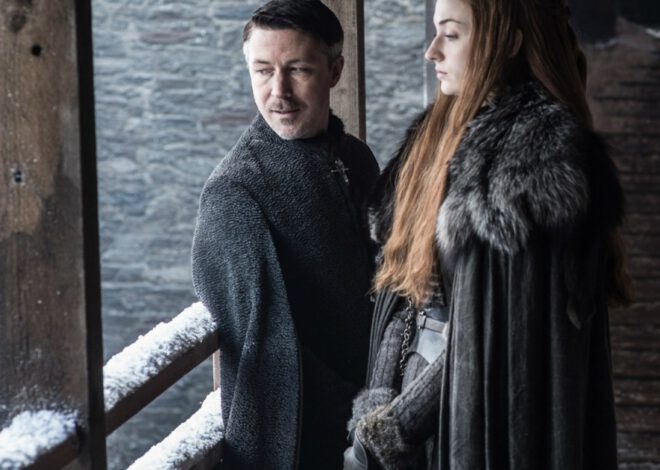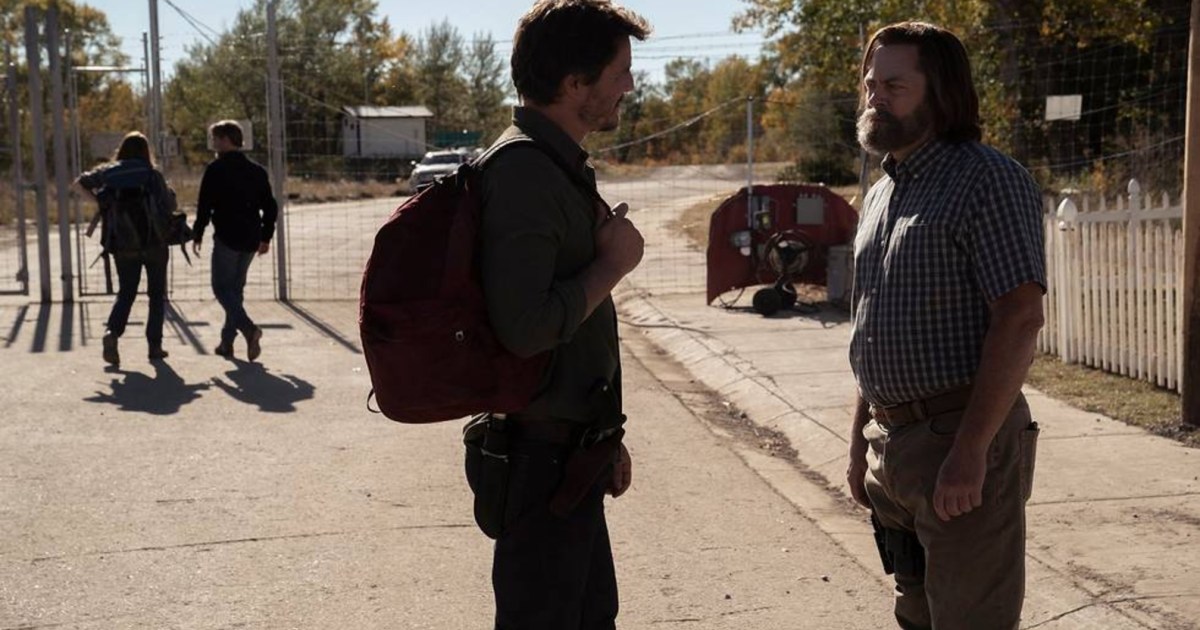
5 ways The Last of Us sets a standard for video game adaptations
The first season of The Last of Us on HBO is going down as one of the best video game adaptations of all time, even if it’s not perfect. Whether you believe the lousy reputation video game adaptations have is justified or not, these first few episodes of the series serve as the premier examples of how to adapt a game properly. As such, it’s worthwhile to break down what other video game adaptations can learn from The Last of Us.
Halfway through the first season, five factors have played a significant part in The Last of Us’ continued success on HBO. Thankfully, they are all elements other video game adaptations could learn from, even if they are based on an IP with a significantly different tone. If the quality of this show is any indication, video game adaptations have a bright future.
Be faithful
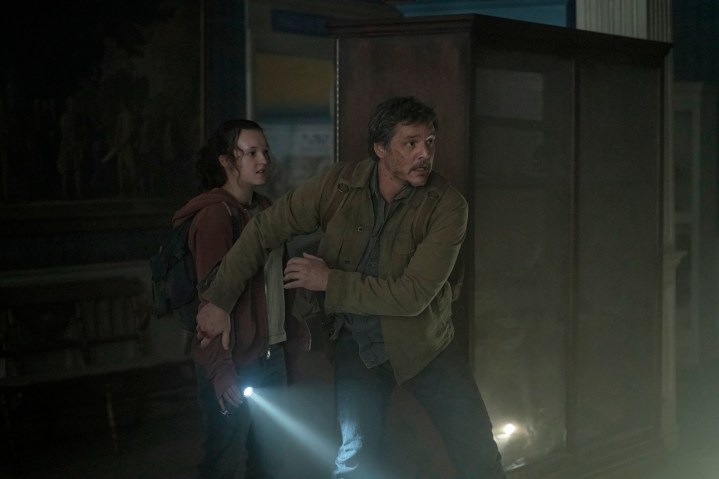 Liane Hentscher/HBO
Liane Hentscher/HBO
This one seems like it should go without saying, but it’s something a lot of films and TV shows based on games don’t get right. Even successful ones like the Sonic the Hedgehog films seem to feel a bit ashamed of the source material when they bring video game characters into the “real world.” The Last of Us series works masterfully because it plays into the strengths of the source material, adapting an already critically acclaimed story accurately and respectfully. As a result, a great story is still great.
HBO’s The Last of Us isn’t a direct 1:1 adaptation (more on that later), but it’s still unmistakably a TV version of the video game’s story and even gameplay in some segments. That faithfulness shows respect for the game and is more likely to get fans on board with the creation and any potential deviations it might make. Sadly, many video game adaptations seem like they feel embarrassed of the source material, which shows in the quality of the final product and the fan reception to it.
Improve upon the source material
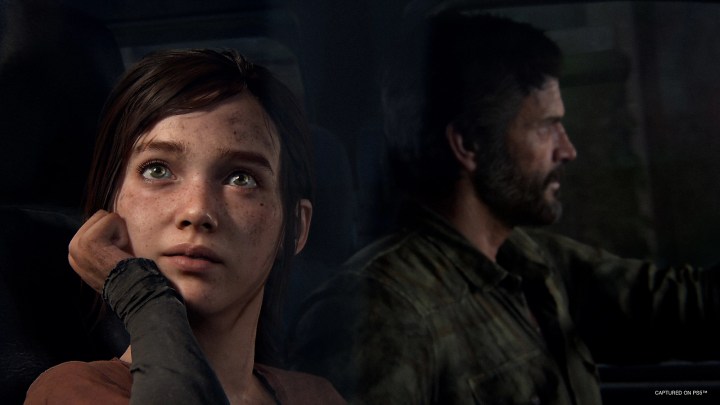 Image used with permission by copyright holder
Image used with permission by copyright holder
Good adaptations can still build upon a fantastic foundation, even when staying faithful is a priority. The Last of Us succeeds at being faithful to the source material, but it is fearless in changing things when the creative team behind it knows it’s for the better. Overall, The Last of Us show is better off thanks to the new openings in the first two episodes, viewers getting to spend more time with Sara prior to the outbreak, and its more positive outlook on Bill and Frank’s lives.
As series co-creator Neil Druckmann puts it in Episode 3’s Inside the Episode: “If it’s kind of the same, or worse, we stay where the game is. If it’s better, we deviate.” Segments like the first-person action scene in 2005’s Doom movie show that flat-out copying the game’s perspective or style doesn’t always work in a different medium. Some changes will inevitably have to be made, but The Last of Us shows that they should be done to improve upon the material, not just shake things up for the sake of it or fear of acceptance by a wider audience.
Find the right actors
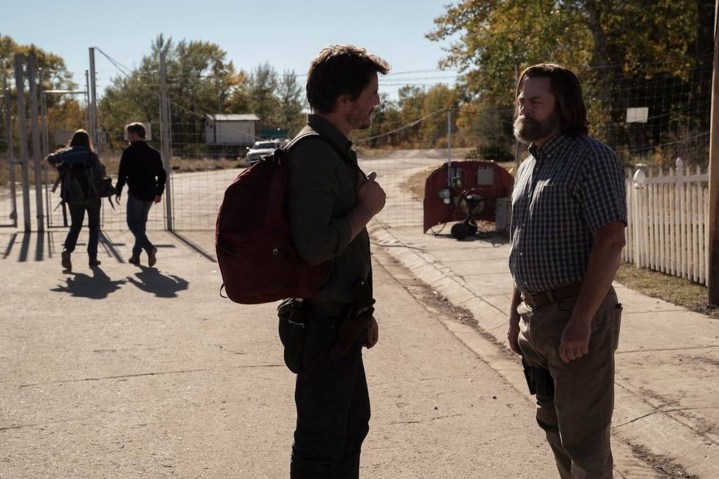 Image used with permission by copyright holder
Image used with permission by copyright holder
At a basic level, people need to be able to get on board with the casting of an adaptation. That’s a big hurdle that kneecapped a film like Uncharted, as fans had a lot of trouble buying Tom Holland as Nathan Drake and Mark Wahlberg as Sully. It’s also hurt past video game adaptations, like the Prince of Persia film, where Jake Gyllenhaal portrayed its titular Persian hero. You can’t expect people to take your version of the material seriously if they already feel disrespected by the actors involved.
That doesn’t mean you shouldn’t get famous actors to be in your video game adaptations, though. Pedro Pascal and Nick Offerman were well-known before their critically acclaimed turns in The Last of Us. Still, they resemble the game’s characters and use their acting talent to enhance, not replace them. Whether it’s a well-written and well-shot film or not, if the series’ fans don’t buy in or accept the actors involved in the project, you’re already fighting an uphill battle that very few video game adaptations surmount.
Is TV or film better?
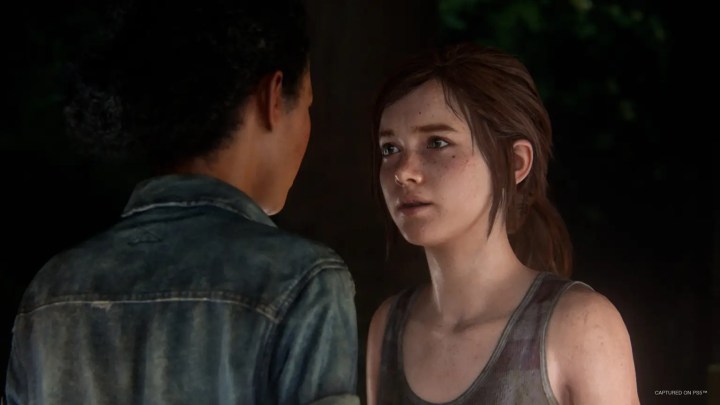 Image used with permission by copyright holder
Image used with permission by copyright holder
The fact that The Last of Us is a TV show, not a movie, shouldn’t be overlooked. We have seen far fewer TV video game adaptations than film ones, although that trend is starting to change. That’s a positive development, as many game stories are potentially better-suited for television because of their plot complexity and length. A simple treasure-hunting adventure like Uncharted is more manageable as a film than a character-focused and slow, postapocalyptic game like The Last of Us.
The Last of Us is better-served as a TV show where episodes can take the time to fully reconstruct iconic game moments and characters. Ultimately, it comes down to those looking to adapt a game finding the proper medium for translation. PlayStation Productions found the just that for The Last of Us, and hopefully, future video game adaptations will exercise the same care in that choice.
Every adaptation is different
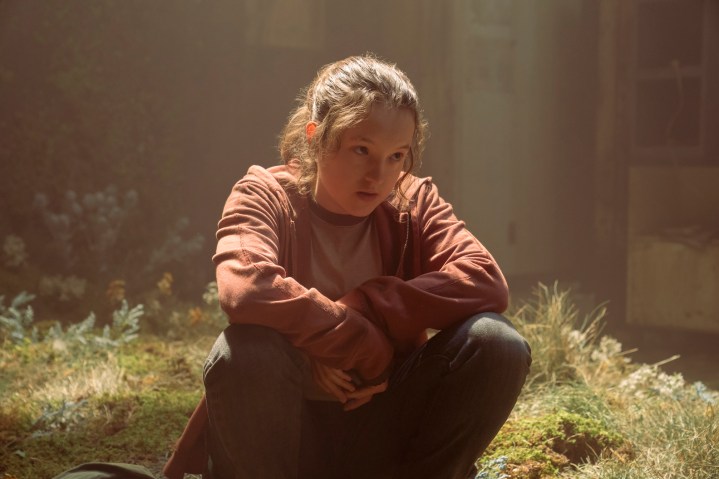 Image used with permission by copyright holder
Image used with permission by copyright holder
Ultimately, The Last of Us also proves that each video game adaptation will work a bit differently. Regarding everything else on this list,co-creators Craig Mazin and Druckmann picked what would work best for a The Last of Us adaptation. Of course, there are things to be learned from this show, but those working on video game adaptations should look at The Last of Us as just one example of how video game adaptations can be made well, not the only example.
All video game adaptations in TV or film will be better off as long as the creatives behind the project strive to discover the formula that works best for adapting their game instead of approaching it with the mentality that a lot needs to be changed or that they need to do things exactly like the game the show is based on. Still, the show does serve as a shining example of what a video game adaptation done right can achieve, and as fans of these series, we can only hope that it’s not the final video game adaptation to be this good.
The Last of Us is airing now on Sunday nights on HBO and HBO Max.

